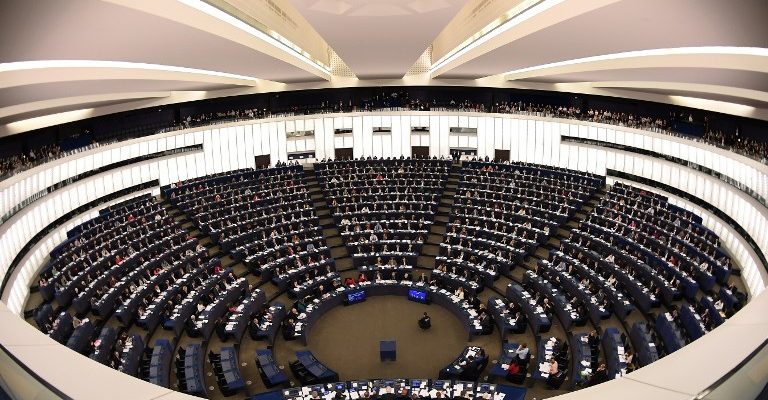European Parliament debates the influence of Russian propaganda on EU countries

The European Parliament debated on 17 January 2018 the burning issue of the so-called “fake news” and Russian propaganda on EU countries. The debate focused on fake news stories coming from unidentified people and bots, as well as well as politically-driven news from outlets such as state-owned Russia Today and Sputnik. The next European elections to take place in 2019 are likely to be the next big target for Russian propaganda, MEPs have warned.
During this plenary session in Strasbourg, Members of the European Parliament (MEPs) highlighted issues including the funding and staffing of actions against misinformation and the resilience of democracies and the freedom of expression in Europe. Many MEPs referenced the Goebbels quote, that if you repeat a lie 100 times it becomes true.
However, MEPs disagreed over the influence of Russian propaganda and fake news on Europe. Whilst many MEPs emphasised an urgency to act against fake news coming from Russia, others warned that the word “fake news” should be carefully used, and recognise the misinformation coming – not only from Russia – but also from EU Member States.
Recommendations for actions focused on the necessity to work on transparent media ownership, public awareness, media literacy and quality journalism, as advocated by the European Federation of Journalists (EFJ). The EFJ believes that legislative action requested by some MEPs and national governments, for examples rules for the internet on what consumers can see, is not the right answer as it is likely to threaten the freedom of expression.
European Security Union Commissioner Julian King announced that the Commission will table a strategy on the topic in the Spring 2018. A High Level Group on fake news, of which the EFJ general secretary, Ricardo Gutierrez, is a member, first met on Monday 15 January.
The debate can be watched here.
Photo credit: AFP / Frederick Florin











